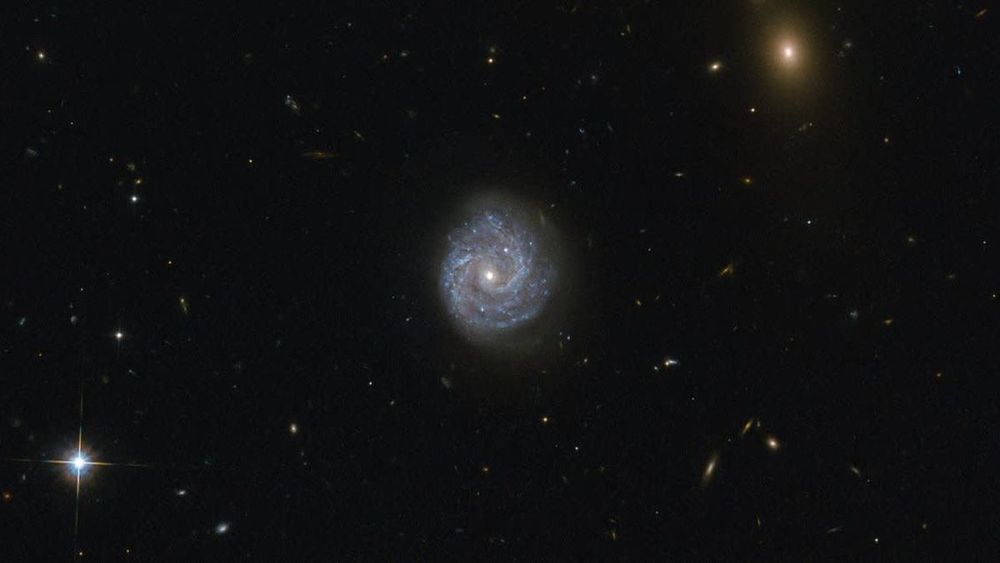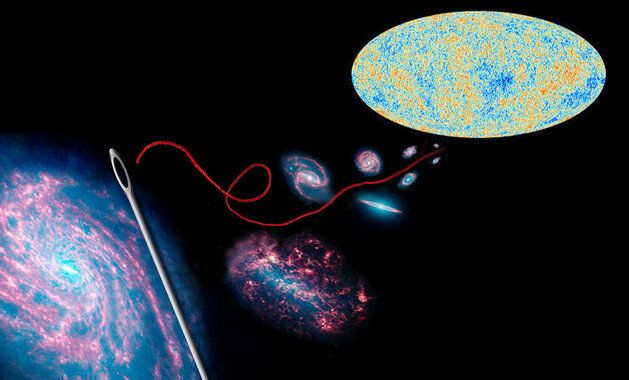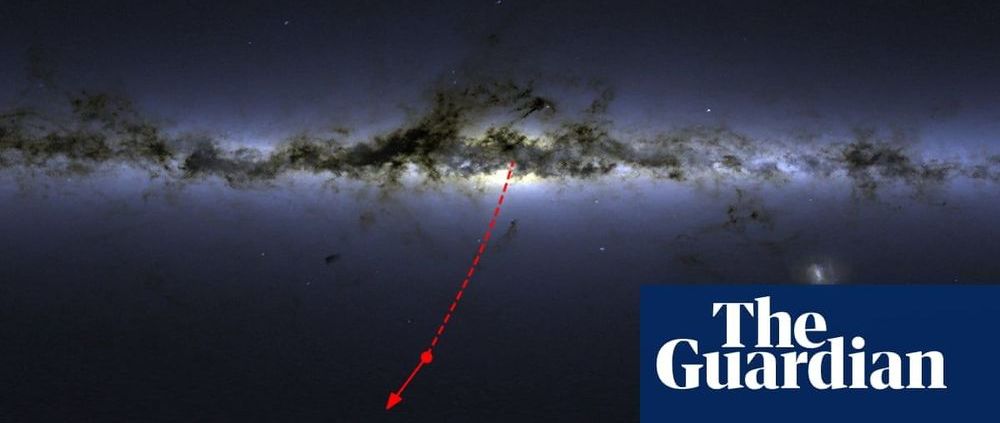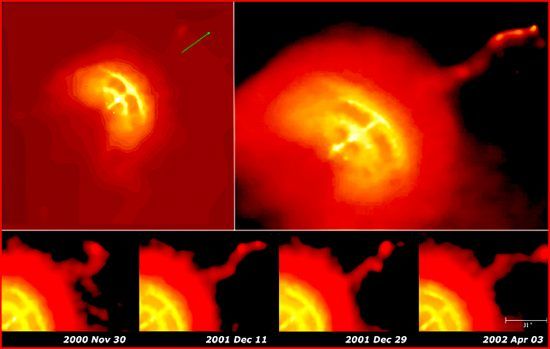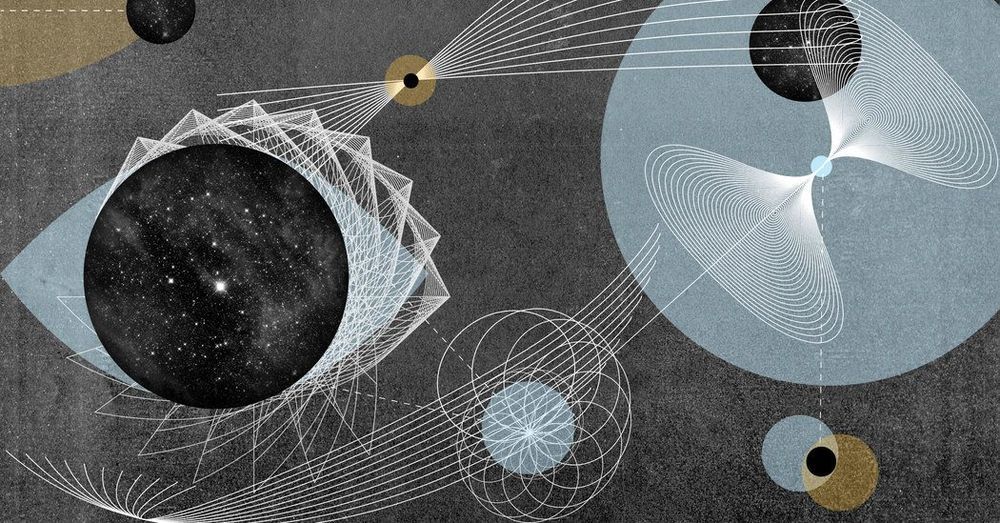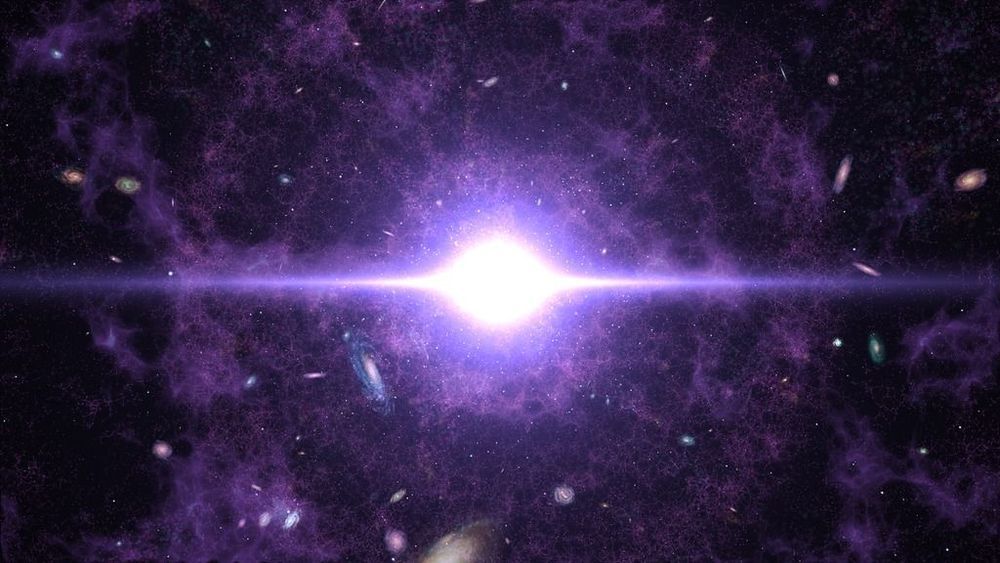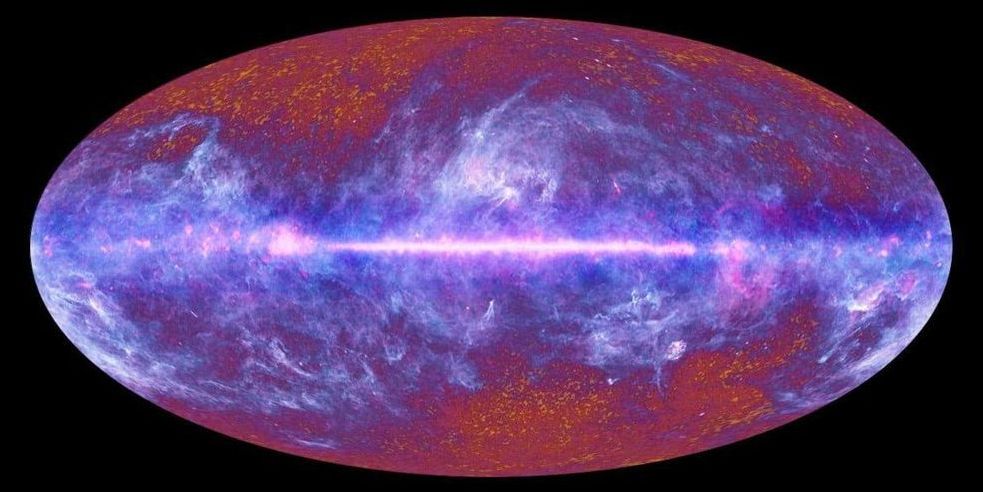Scientists hope that the future of gravitational wave detection will allow them to directly observe a mysterious kind of black hole.
Gravitational wave detectors have seen direct evidence of black holes with roughly the mass of giant stars, while the Event Horizon Telescope produced an image of a supermassive black hole billions of times the mass of our Sun. But in the middle are intermediate-mass black holes, or IMBHs, which weigh between 100 and 100,000 times the mass of the Sun and have yet to be directly observed. Researchers hope that their new mathematical work will “pave the way” for future research into these black holes using gravitational wave detectors, according to the paper published today in Nature Astronomy.
